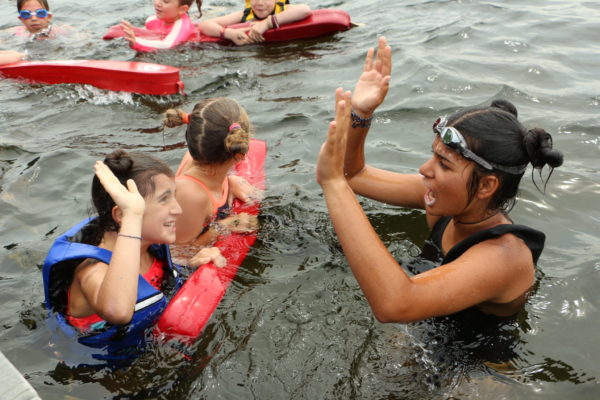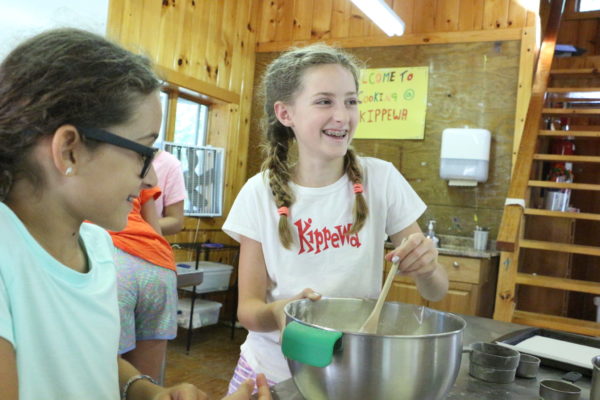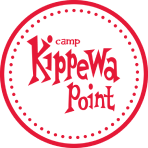What do you want to be when you grow up? That’s a question you have probably heard many times … and it may be a question you have posed to others, as well.
 People spend a lot of time on that question. And as many young people are now filling out college applications and writing essays, the question is more urgent than ever. And the consensus seems to be that the knowledge gained from STEM (Science, Technology, Engineering, and Mathematics) programs is the key to success. These are the skills many believe are absolutely necessary to get a job in the market today.
People spend a lot of time on that question. And as many young people are now filling out college applications and writing essays, the question is more urgent than ever. And the consensus seems to be that the knowledge gained from STEM (Science, Technology, Engineering, and Mathematics) programs is the key to success. These are the skills many believe are absolutely necessary to get a job in the market today.
But a surprising company has come out to challenge that theory: Google. In 2013, they studied algorithms, crunched numbers, and studied data from the company’s inception in 1998 and found that of the eight most important qualities, STEM knowledge came in last. Last!
The top seven characteristics of success at Google are all considered “soft skills” rather than “hard skills.” They are the following:
- being a good coach,
- communicating and listening well,
- possessing insights into others (including others different values and points of view),
- having empathy toward and
- being supportive of others,
- being a good critical thinker and problem solver,
- and being able to make connections across complex ideas.
Although many of these traits seem to belong more to English or Theatre majors, rather than programmers and engineers, Google was thriving despite lack of technical training among employees. Even with technical skills, if you can’t problem solve, can’t communicate effectively, can’t think and act constructively, you fall behind.
 These top seven skills by Google can all be found in one place: summer camp. Summer camp is an incredible way to expose young people to these skills, as well as teach them how to maintain the skills.
These top seven skills by Google can all be found in one place: summer camp. Summer camp is an incredible way to expose young people to these skills, as well as teach them how to maintain the skills.
At Kippewa, young people learn empathy and the value of listening and communicating with people who may share different outlooks or have different opinions. They practice supporting their friends and encouraging others, and are able to think about more complex ideas and work together to problem-solve situations.
All of this happens under a supportive, safe, and fun umbrella where they can also hone specific skills in sports, art, theatre, cooking…etc.
Your child may not be the next Google engineer or maybe they will be, but either way, they are learning very important skills while having an incredible summer. And what they take away from it will last them well beyond their years in school.






 Check Out Our Two Week Camp Experience!
Check Out Our Two Week Camp Experience!